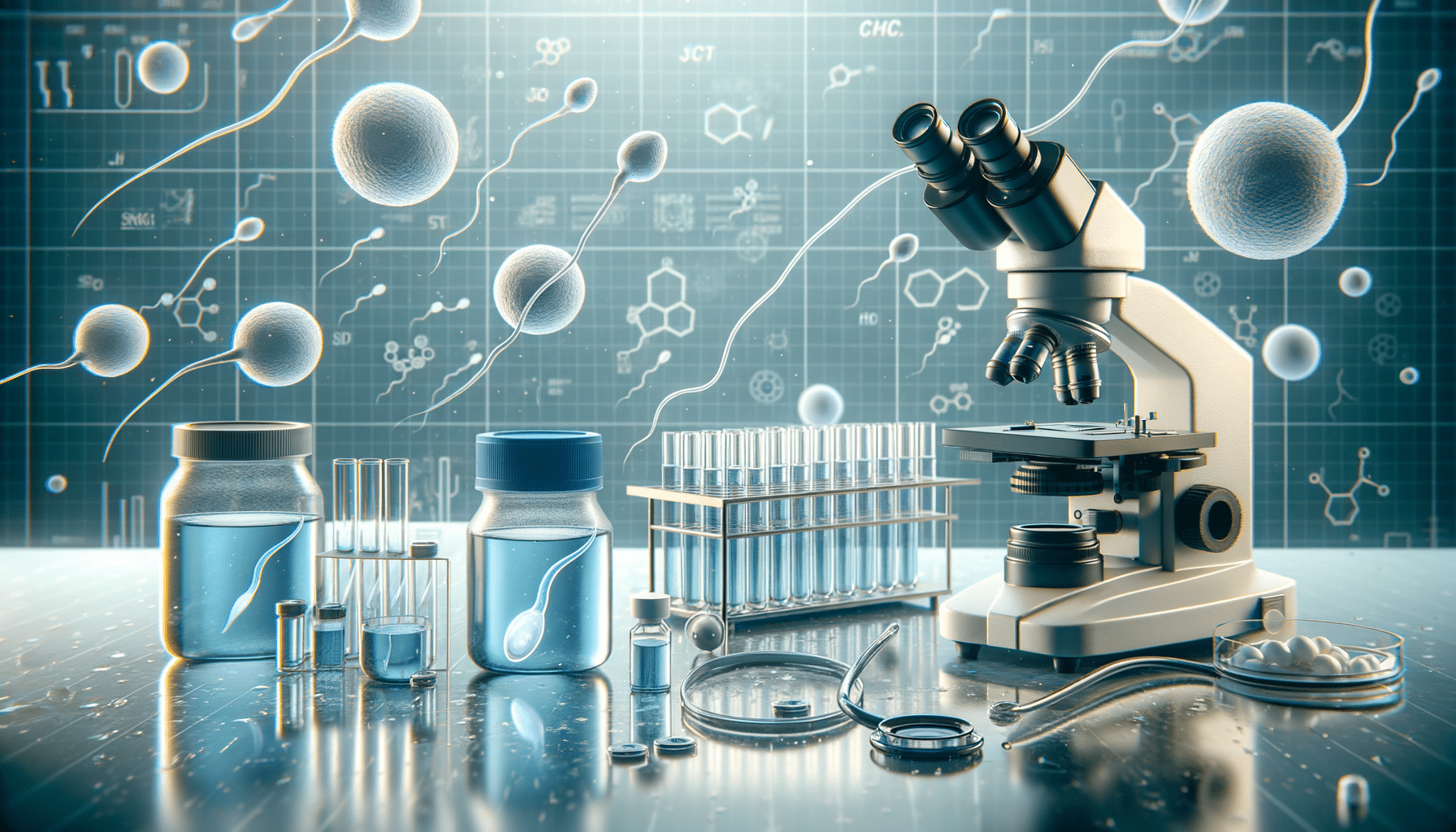
Understanding Sperm Donation: A Comprehensive Guide
Introduction to Sperm Donation
Sperm donation is a crucial process that aids many individuals and couples in achieving their dreams of parenthood. It involves a donor providing sperm, which is then used in assisted reproductive technologies to help those who cannot conceive naturally. This practice has become increasingly significant as societal norms evolve, and more people seek alternative paths to parenthood. Understanding the intricacies of sperm donation can help demystify the process and highlight its importance in modern society.
The Process of Sperm Donation
The process of sperm donation is meticulously structured to ensure safety, quality, and success. It begins with the selection of suitable donors, who undergo extensive screening to assess their health, genetic history, and overall suitability. This screening process is vital to minimize risks and ensure the health of future offspring.
Once a donor is approved, the donation process involves regular visits to a sperm bank or fertility clinic. Donors are required to provide samples, which are then analyzed and stored. The sperm is typically frozen using a method called cryopreservation, ensuring it remains viable for future use. This allows for flexibility in timing and increases the chances of successful fertilization.
Recipients can choose donors based on various factors, such as physical characteristics, educational background, and personal interests. This selection process enables recipients to find a donor who aligns with their preferences and values, making the journey to parenthood a more personalized experience.
Legal and Ethical Considerations
Sperm donation involves several legal and ethical considerations that both donors and recipients must navigate. One of the primary legal aspects is the anonymity of the donor. In many regions, donors can choose to remain anonymous, although some jurisdictions require the release of identifying information to offspring once they reach a certain age.
Ethically, the rights of the donor, recipient, and resulting child must be balanced. Donors must fully understand their rights and responsibilities, including the potential for future contact with offspring. Recipients, on the other hand, must consider the implications of using donor sperm, such as the child’s right to know their genetic origins.
These considerations are crucial in maintaining transparency and trust in the sperm donation process, ensuring that all parties involved are protected and informed.
Benefits and Challenges of Sperm Donation
Sperm donation offers numerous benefits, making it a valuable option for many. It provides individuals and couples, including those in same-sex relationships or with fertility issues, the opportunity to experience parenthood. For donors, it presents a chance to contribute to the lives of others in a meaningful way.
However, sperm donation also comes with challenges. Donors may face emotional complexities, especially if they choose to meet offspring in the future. Recipients must navigate the emotional and social implications of using donor sperm, including discussing the decision with family and friends.
Despite these challenges, the positive impact of sperm donation on families worldwide cannot be overstated. It opens doors to parenthood for those who might otherwise be unable to experience it, enriching lives and creating new family dynamics.
Future Trends in Sperm Donation
As technology and societal attitudes continue to evolve, the future of sperm donation looks promising. Advances in genetic screening and fertility treatments are likely to enhance the success rates of assisted reproductive technologies, offering even more opportunities for hopeful parents.
Additionally, the increasing acceptance of diverse family structures is expected to drive demand for sperm donation. As more people embrace non-traditional paths to parenthood, the need for accessible and inclusive fertility services will grow.
Furthermore, ethical discussions around donor anonymity and the rights of donor-conceived individuals are likely to shape future policies and practices, ensuring that sperm donation continues to be a responsible and ethical option for all involved.


